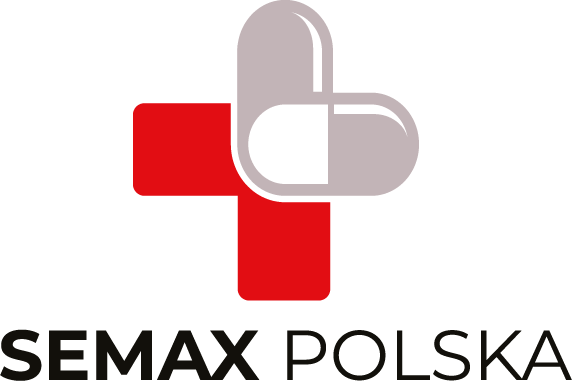Dementia after stroke - impact Noopeptu and Alpha GPC on acetylcholine levels:
Post-stroke dementia is an increasingly common health problem, and finding effective therapies is becoming increasingly important. One area of research is the effect of Noopept and alpha GPC on levels of acetylcholine, a key neurotransmitter responsible for the brain's cognitive functioning.
Dementia is a complex set of neurological diseases that lead to a gradual decline in cognitive function. It affects memory, thinking, orientation, ability to understand and communicate. One of the most common factors leading to dementia is stroke, which causes brain damage and impaired brain function.
Symptoms of post-stroke dementia can vary depending on the degree of brain damage and the areas affected. Characteristic symptoms include memory loss, disorientation in time and space, difficulties in decision-making and planning, communication problems, and changes in mood and personality.
Acetylcholine plays a key role in the cognitive functioning of the brain. It is a neurotransmitter that is involved in processes related to memory, learning and concentration. Disturbances in acetylcholine levels can contribute to the severity of dementia symptoms, so there is interest in studying substances that may affect this neurotransmitter.
After a stroke, acetylcholine levels usually drop dramatically.
Post-stroke patients often experience reduced blood pressure. As for low blood pressure, acetylcholine is involved in regulating the smooth muscle tone of blood vessel walls. When acetylcholine levels are low, this can lead to vasodilation of blood vessels and a drop in blood pressure. Low blood pressure can cause dizziness, fainting, feelings of fatigue and a general decline in mood.
Noopept, a popular nootropic, is one such compound that has neuroprotective effects and contributes to increased acetylcholine production. Noopept shows potential to improve memory, concentration and other cognitive functions. Research suggests that noopept can protect neurons from damage and promote their regeneration. This, in turn, may lead to improved cognitive function in people with dementia after a stroke.
Noopept, in addition to its effect on acetylcholine levels, may also have a significant impact on dopamine levels in the context of dementia. Dopamine is a neurotransmitter that plays a key role in regulating mood, motivation, cognitive function and reward processes. Disturbed dopamine levels are often associated with various neurodegenerative conditions, including dementia.
Noopept shows the ability to stimulate dopamine receptors, leading to increased dopaminergic activity in the brain. This may benefit people with dementia, who often suffer from dopaminergic deficits. Improved dopaminergic function can improve mood, concentration, motivation and cognitive abilities.
Another substance that can affect acetylcholine levels is alpha GPC. Alpha GPC is a natural chemical compound that occurs in living organisms. It is a precursor to acetylcholine, which means it can contribute to increasing acetylcholine levels in the brain. Alpha GPC is used to improve cognitive function, especially memory, learning and concentration. Studies suggest that alpha GPC may have neuroprotective effects and contribute to neuronal regeneration.
The combination of noopept and alpha GPC may provide a comprehensive approach to treating post-stroke dementia. Noopept affects the production of acetylcholine by stimulating its receptors, while alpha GPC provides the body with the components needed for its synthesis. The combination of these two compounds can have a synergistic effect, enhancing the effectiveness of therapy.
However, it is worth remembering that before starting any therapy, including the use of noopept, alpha GPC or other substances, it is important to consult a doctor or specialist familiar with the subject. Each patient has individual needs and health conditions, so it is important to tailor therapy to the specific case.
It is also worth noting that there are many other factors that can affect cognitive function and the progression of dementia after a stroke. Regular physical activity, a healthy diet, control of risk factors such as hypertension or diabetes, as well as social and emotional support are all critical to maintaining the best possible quality of life for those affected.
The conclusion is that post-stroke dementia is a serious health problem that requires an integrated therapeutic approach. Studies on the effects of noopept and alpha GPC on acetylcholine levels open new perspectives in the treatment of this disease.


